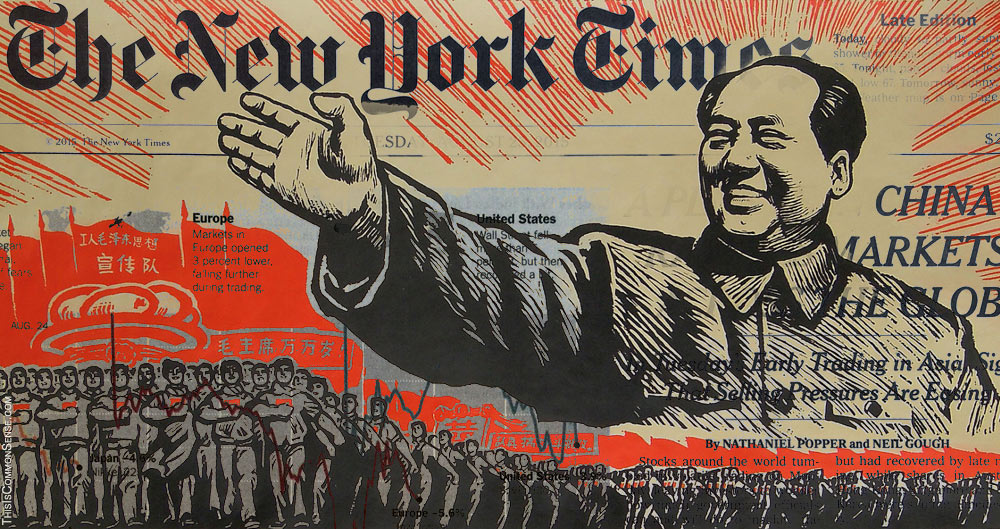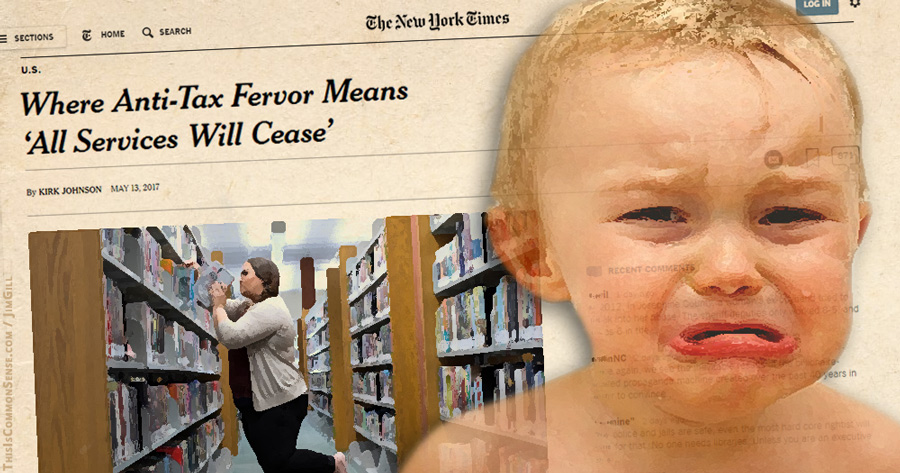How easy is it to mix freedom with just the right amount of slavery?
New York Times reporter Azam Ahmed regards the attempt to mingle political opposites as noble or at least understandable. He doesn’t call Cuban Communism and its destructive effects “bad” — it’s a “unique tapestry.”
He wonders, instead, to what extent the Cuban government can fine-tune the contradiction.
According to the article, Cuba’s newest Dear Leader “will have to foster the growing private sector … while guarding against the income inequality it often brings.… Move too slowly and it risks economic collapse and widespread discontent.… Move too fast, and it risks unstitching the unique tapestry of Cuba’s social project.”
“Unique”? With or without cigars and salsa, the “social project” of repressing a hapless populace is as old as civilization. And as a “tapestry,” we’ve seen this warp and weft before.
Under freedom, inequalities are unavoidable.* On the other hand, nothing is wrong with inequality per se. Nature, human beings and economic outcomes are inherently unequal. Equality arrives only with the grave.
A government working to phase out slavery and phase in freedom may have legitimate problems in transition. But it is wrongheaded to seek just the right “balance” of both. How can any degree of freedom and markets fail to threaten a revolution, the purpose of which is a thoroughgoing assault on freedom and markets?
My advice to Cuban social engineers? Abandon Communism altogether and embrace prosperity and freedom instead.
This is Common Sense. I’m Paul Jacob.
* Speaking of inequality, Cuba’s head commies certainly have not lived like the masses they’ve kept down.











